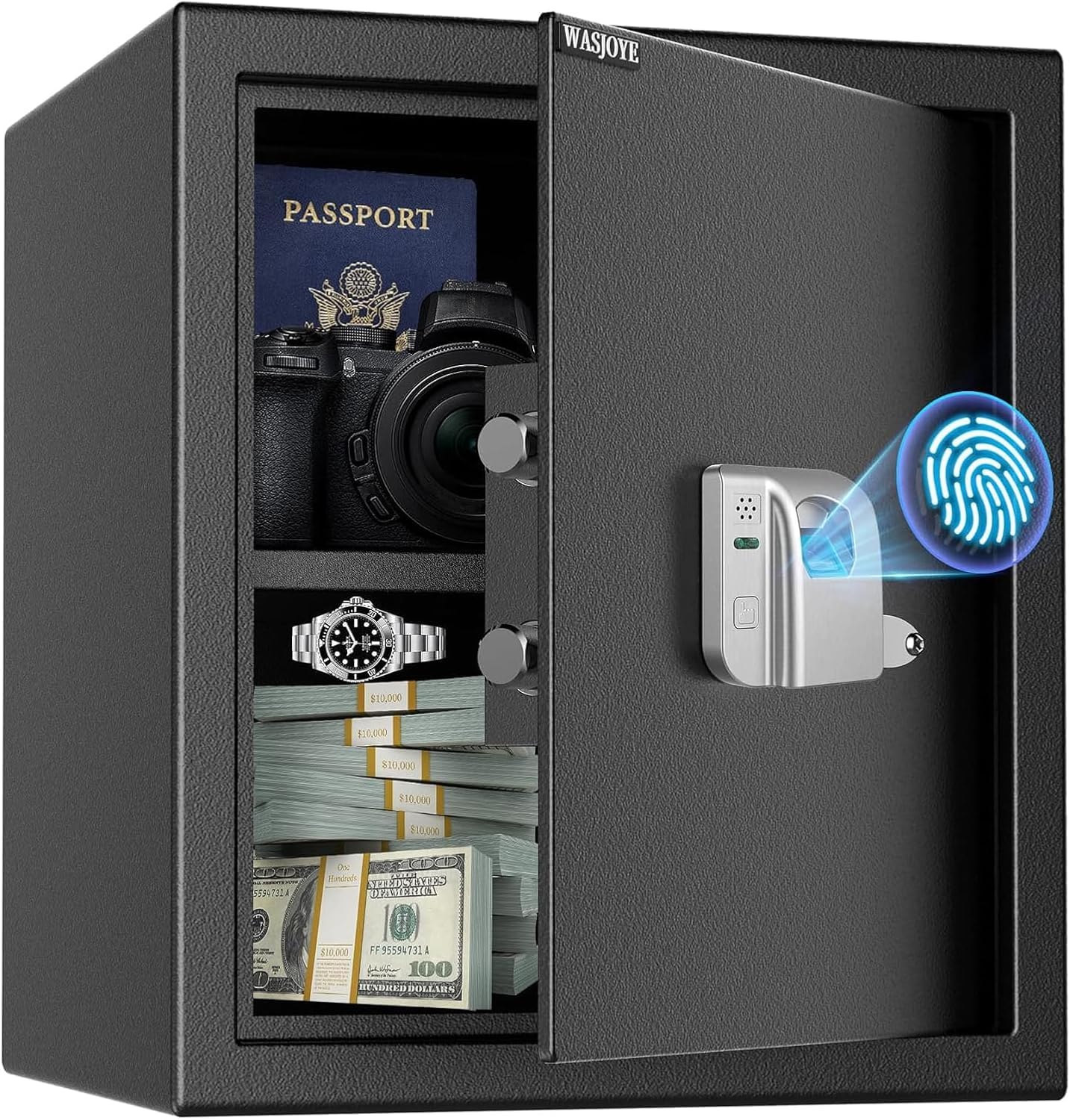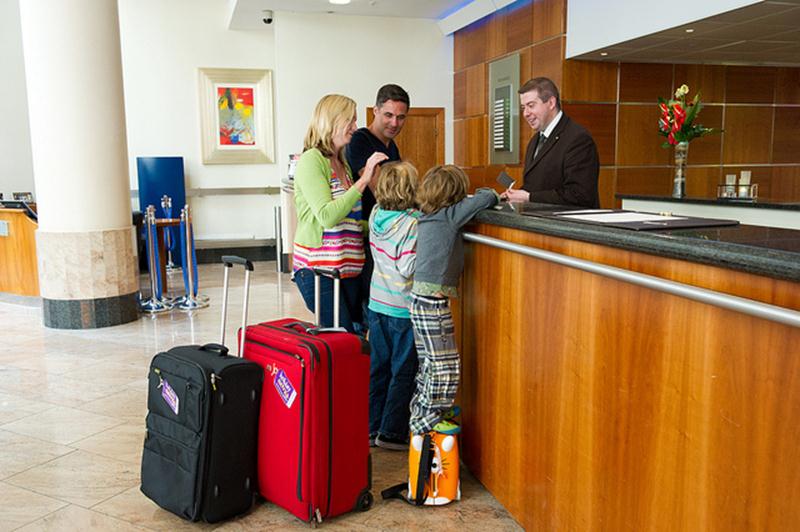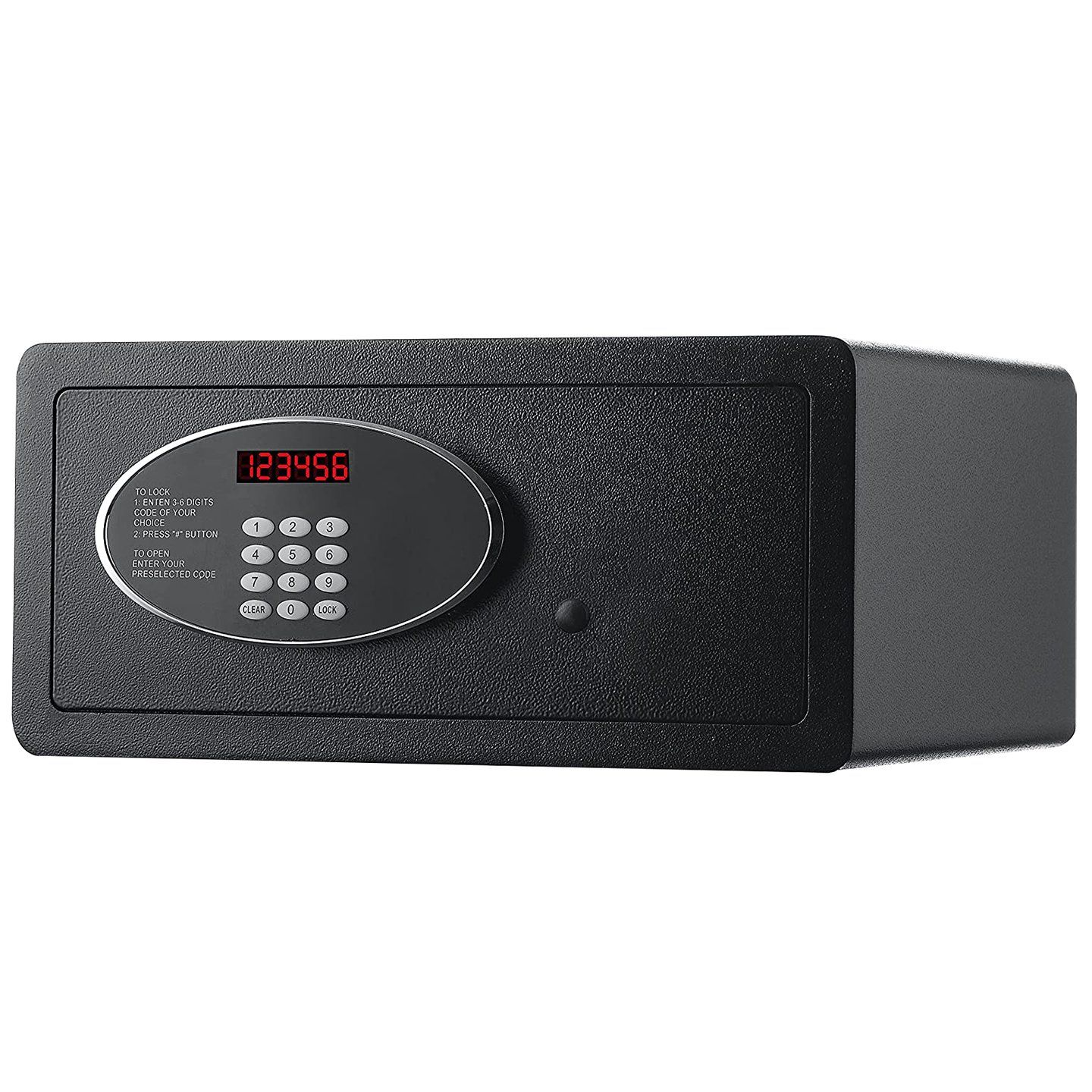Hotel safes are a common feature in most accommodations, offering guests a place to store their valuables during their stay. However, many travelers wonder if these safes are truly secure or if they should rely on other methods of protection. The truth about hotel safes is more nuanced than it might seem, and understanding the security measures in place can help you make informed decisions about where to keep your belongings.
How Hotel Safes Work
Most hotel safes are either built into the wall or placed within the room, often behind a door that requires a combination or key to open. These safes vary in size and security level, with some being basic lockers and others being high-tech, digital locks. The type of safe installed in a hotel room depends on the establishment’s budget and the perceived risk of theft. Some hotels use traditional mechanical locks, while others have electronic systems that require a PIN or a keycard to access.
Are Hotel Safes Secure?

The short answer is that hotel safes are generally secure, but their effectiveness depends on several factors. Most modern hotel safes are designed to withstand forced entry for a certain amount of time, making them a better option than leaving valuables in an unlocked drawer or on a nightstand. However, no safe is completely impenetrable. Skilled thieves may find ways to bypass some systems, especially if the hotel has outdated technology.
One of the main concerns with hotel safes is that they are not always monitored. Unlike a bank vault, which is continuously watched by security personnel, a hotel safe is typically only checked during routine maintenance or when a guest requests access. This means that if a thief manages to open the safe without triggering an alarm, the hotel staff may not be aware until it’s too late.
What Makes a Hotel Safe More Secure?

Not all hotel safes are created equal. Some features can significantly enhance the security of a safe, making it more difficult for unauthorized individuals to access its contents. One such feature is a tamper-resistant design, which includes reinforced doors and heavy-duty locking mechanisms. Additionally, safes equipped with motion sensors or alarms can alert hotel staff if someone attempts to force the door open.
Another important factor is the location of the safe. Safes that are built into the wall or placed in a less accessible area are generally more secure than those that are easily visible or located near the entrance. Hotels that offer safes with biometric access, such as fingerprint recognition, also provide an added layer of security.
Tips for Using a Hotel Safe

If you plan to use a hotel safe, there are several steps you can take to maximize the security of your belongings. First, always check the safe before using it. Look for signs of damage or tampering, and ensure that the lock mechanism is functioning properly. If something seems off, notify the front desk immediately.
Second, avoid storing highly valuable items in the safe unless absolutely necessary. While hotel safes are generally reliable, it’s wise to keep extremely valuable items, such as jewelry or expensive electronics, in a personal safe at home or in a different location. Instead, consider carrying smaller, less valuable items with you when you leave the room.
Alternatives to Hotel Safes

For travelers who are concerned about the security of hotel safes, there are alternative options available. Some hotels offer additional security services, such as keycard access for the entire room or 24-hour surveillance. Others allow guests to use a personal safe that they bring with them, which can be more secure than a standard hotel safe.
Another option is to use a portable safe that can be locked with a combination or key. These devices are small enough to fit in a suitcase and can be carried from room to room. They are particularly useful for travelers who stay in multiple locations or need to move between different accommodations.
Conclusion
Hotel safes are a convenient and generally secure way to protect your valuables while traveling, but they are not foolproof. Understanding how these safes work and what factors contribute to their security can help you make better decisions about where to store your belongings. By taking a few precautions and considering alternative options, you can ensure that your valuables remain safe throughout your trip.



